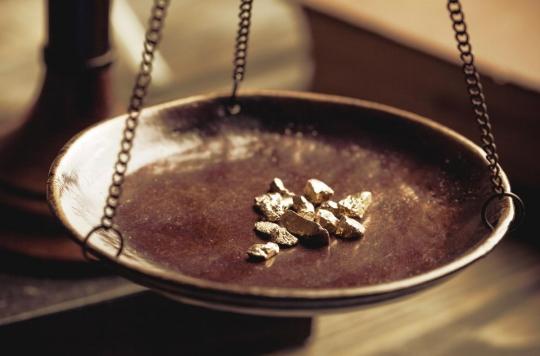
Accidental loss of poop
Going to the toilet is the most natural thing in the world for most people. But what if it controls your life? If you no longer have control over your bowel movements? Faecal incontinence is a very annoying problem.
Faecal incontinence is the unintentional loss of stool (poo) or inability to hold stool. Doctors also use the terms fecal incontinence or incontinentia alvi. This annoying ailment mainly affects older people and is more common in women than in men. The Maag Lever Bowel Foundation estimates that approximately 100,000 people in the Netherlands suffer from faecal incontinence.
Complaints
If you suffer from faecal incontinence, you often experience various unpleasant complaints. The most common are:
- Unable to hold stools.
- Unintentional stool loss.
- No urgency of the stool.
- Loss of small amounts of mucus from the anus.
- Pain, itch and irritated skin around the anus.
- Not having control over wind.
- Feelings of shame due to bad smells and fear of accidents.
seriousness
Parks classification is often used to express the severity of incontinence. This subdivision says nothing about the degree of influence that incontinence has on daily life. How limited you feel due to the unwanted loss of stool varies from person to person.
- degree I: continent
- grade II: incontinent for wind and intestinal fluid
- grade III: incontinent for loose stools
- grade IV: incontinent for normal stools.
Circular muscle
Faecal incontinence can have various causes. The most common is an insufficient functioning of the outer sphincter. When the rectum is dilated – through air or stool – the outer sphincter has to tighten to keep things inside. If this is not successful, air can escape or stool leak out.
This can be because the sphincter is damaged, for example after a heavy birth, surgery or sexual abuse. These events also sometimes damage the nerves that control the sphincter and pelvic floor muscles. Bee multiple sclerosis (MS), a tumor in the spinal cord, or spina bifida can also damage nerves. Finally, the sphincter also weakens with age.
Inflammation and diarrhea
The sphincter is not the only possible culprit in faecal incontinence. A prolapse of the rectum, the spastic pelvic floor syndrome and chronic intestinal inflammation – such as Crohn’s disease and ulcerative colitis – can also lead to involuntary bowel movements.
Some people who have long-term diarrhea also have trouble holding up their stools. With prolonged constipation (constipation) loose stools through the hard faeces into the rectum. We call this overflow diarrhea. This is often the cause of faecal incontinence, especially in the elderly and children.
To the doctor
Many people find it difficult to talk about unwanted stool loss. They are ashamed of it. However, it is important to discuss your symptoms with your doctor. The doctor can examine the anus (rectal examination) and possibly refer you to a gastroenterologist or an internist. In the hospital, the pinching force of the anus can be measured (manometry) and damage to the anus can be detected (MRI or endo-anal ultrasound).
Looking for a solution
Stool incontinence usually does not heal on its own. Treatment is highly dependent on the cause. The following treatment options are available in the event of slackening or damage to the sphincter and/or pelvic floor muscles.
- pelvic floor physiotherapy
- colonic irrigation
- tools
anal tampons
incontinence diapers - stoma
- operation
repair sphincter (sphincterplasty)
new sphincter made from gracilis muscle from
femur (dynamic gracilis plastic) - sacral neuromodulation (stimulation of nerves)
When the loss of stool is caused by constipation or diarrhea, you often end up with lifestyle adjustments a long way. A doctor can help you with this.
Sources):

















